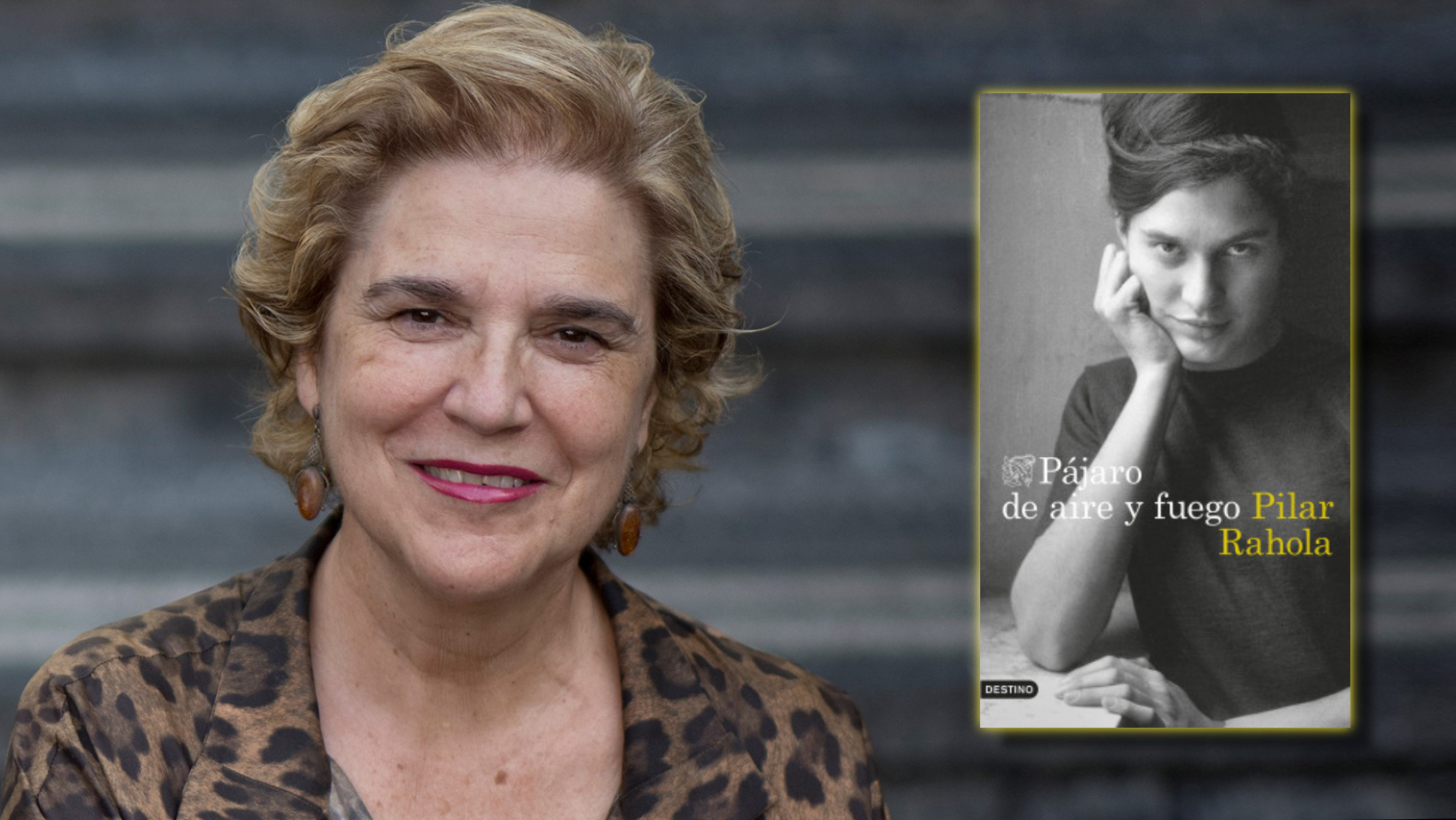"Bird of air and fire": the closure of a historical saga in the midst of Francoism

In 2014, the Spanish journalist and writer Pilar Rahola published what would be the first part of a series of historical books with "Mariona", a story, staged at the beginning of the 19th century, about a lower-class Catalan woman who decides to reveal herself against his destiny; the saga continued with "Rosa de Ceniza" in the Tragic Week; Later, Rahola set the story in Barcelona in the 1940s, during World War II, with "The Ritz Spy", and now it continues, a decade later, with "Pájaro de aire y fuego". In this new release, the author transports the reader to a story that takes place while the Franco regime is consolidating, after 20 years of persecuting, repressing and consolidating its positions.
In "Bird of Air and Fire" the story now continues in the Barcelona of the fifties. Nina is nineteen years old and has just discovered the letters from her grandmother Merceneta, who was fleeing from the persecution of the dictatorship in the forties. After reading these letters, the young woman begins a process of personal transformation that will lead her to discover her sexuality and her political commitment to hiding.
“When you write, you leave traces of your personality everywhere and, therefore, there is a bit of me on each page. But I think that the protagonist is more an alter ego of my mother than mine. She is a character that she builds herself, and I was already born in a republican, anti-fascist family, and with many members shot. My political conscience, my liberal mentality… they come furnished from home”, explained the author in an interview with El Periódico.
While all the political paraphernalia continues, the Via Laietana police station is full of tortured prisoners, anti-Francoists of all colors, attacked and very often murdered, and through the mountains of Catalonia, Facerias and Quico Sabate keep their fight against fascism alive. . In this historical novel, the writer gives an account of the important role played by the maquis. those who were considered enemies of the homeland, and the defenders of the "anti-Spain".
All the conflict and upheaval of these times take place in parallel to the flowering of Nina, who has grown up in a wealthy family with a clear inclination towards the nationalist side. She has been educated in obedience and submission, typical of women of her class. Her future has already been decided, she will marry and form an exemplary family to develop as a mother; but all those plans come crashing down with the letters written by her grandmother.
“Hand in hand with Nina for this time so abrupt, so difficult, so repressive and so repressed, but at the same time with so many people who are risking their skin for freedom; her story is repression, but also hope. It is the revolt, despite the pain and difficulties, it is the bird of air and fire. The bird that flies in the air and dreams of distant horizons. And the fire. The fire of passion. The fire of commitment. The fire of the revolt”, Rahola explained in an interview with El Nacional.
Little is known about Merceneta, the grandmother, except that she was a traitor who left the country in the company of her Jewish lover, who in turn was also seeking to escape from the Nazis. But the collection of letters stirs the entrails of the protagonist, in search of herself and the breaking of the schemes of her time, it awakens in her a political commitment and the desire to be the owner of her own life, she abandons her education as a lady perfect and begins his path to freedom and his own emancipation.
KEEP READING:
But the collection of letters stirs the entrails of the protagonist, in search of herself and the breaking of the schemes of her time, it awakens in her a political commitment and the desire to be the owner of her own life, she abandons her education as a lady perfect and begins his path to freedom and his own emancipation.
Post a Comment for ""Bird of air and fire": the closure of a historical saga in the midst of Francoism"